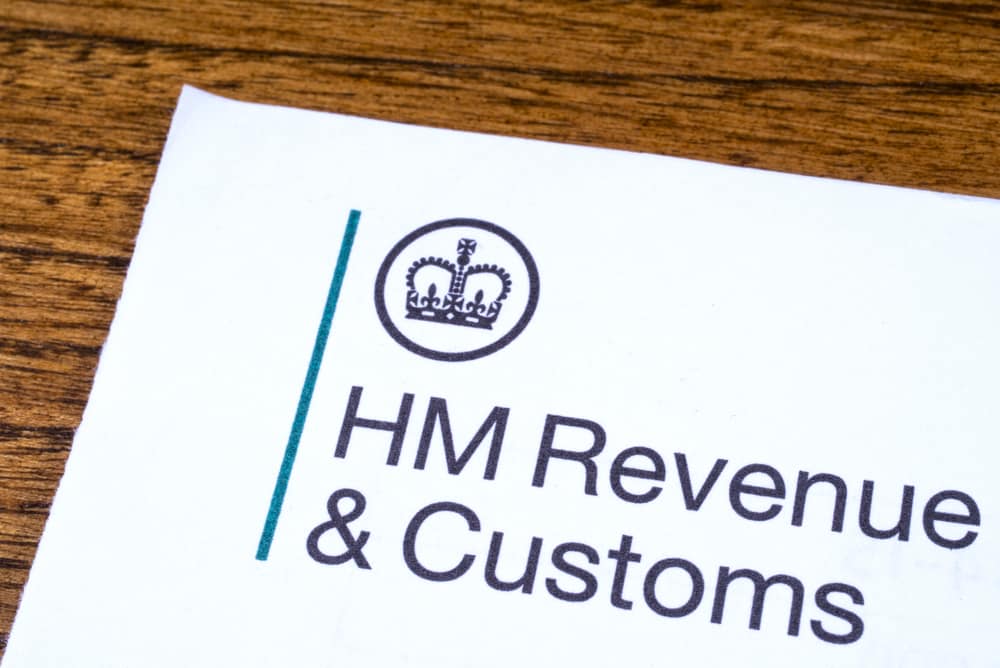Criminal Finance Act 2017 – New Tax Evasion Legislation For Businesses In The UK – Do Not Ignore!

What is the Criminal Finances Act 2017?
The Criminal Finances Act 2017 is a piece of legislation which will make businesses in the UK criminally liable for failing to prevent the facilitation of tax evasion offences in the UK or overseas. The Act will come into force on 30th September 2017 and businesses must be prepared to meet the deadline.
On 1 September 2017 HMRC published a Government Guidance document entitled “Tackling tax evasion: Government guidance for the corporate offence of failure to prevent the criminal facilitation of tax evasion” which outlines the key points of the Act and the impact on businesses in the UK.
The HMRC Government Guidance 1 September 2017 states that;
“The Government believes that relevant bodies should be criminally liable where they fail to prevent those who act for, or on their behalf from criminally facilitating tax evasion. The new offences will be committed where a ‘relevant body’ fails to prevent an ‘associated person’ criminally facilitating the evasion of a tax, and this will be the case whether the tax evaded is owed in the UK or in a foreign country.”
What Impact Will The Criminal Finances Act 2017 Have On Businesses In The UK?
The Act will apply to all organisations (company or a partnership) in the UK across all industry sectors which fail to prevent the facilitation of tax evasion (in the UK or internationally) if a person associated with them criminally facilitates a tax evasion offence.
What Is A ‘Relevant Body?
The Criminal Finances Act defines a ‘relevant body’ as organisations – (incorporated) companies or partnerships. The offence will not apply to ‘natural persons’ i.e. individuals.
What Is An ‘Associated Person’?
An ‘associated person’ refers to an individual person or an incorporated body – an employee, agent or any person who performs services directly for or on behalf of the ‘relevant body’
The HMRC Government Guidance considers that prevention procedures put in place by ‘relevant bodies’ (organisations) to prevent tax evasion from being committed on their behalf should be formulated around the following six guiding principles;
- Risk assessment – to identify the specific risks of facilitation of tax evasion. HMRC- “The ‘relevant body’ assesses the nature and extent of its exposure to the risk of those who act in the capacity of a person associated with it criminally facilitating tax evasion offences’. The risk assessment is documented and kept under review.
- Proportionality of risk-based prevention procedures – Implementing procedures which are proportionateto the specific risks identified in the risk assessment. HMRC – “Reasonable procedures for a ‘relevant body’ to adopt to prevent persons acting in the capacity of a person associated with it from criminally facilitating tax evasion will be proportionate to the risk the ‘relevant body’ faces of persons associated with it committing tax evasion facilitation offences. This will depend on the nature, scale and complexity of the ‘relevant body’s’ activities”.
- Top level commitment – Ensuring that there is a top level commitmentwithin the organisation to preventing the facilitation of tax evasion and that this is fostered within its culture
- Due diligence – in respect of persons who perform or will perform services on behalf of the organisation (for example staff, third parties and clients), in order to mitigate identified risks in proportion to the risks that they pose to the business
- Communication (including training) – Following the risk assessment, it will be important to ensure that any identified risks and procedures to mitigate against the same are communicated down the business chain and to relevant third parties to ensure that they are embedded and understood. HMRC – “The organisation seeks to ensure that its prevention policies and procedures are communicated, embedded and understood throughout the organisation, through internal and external communication, including training. This is proportionate to the risk to which the organisation assesses that it is exposed”
- Monitoring and review – HMRC “The organisation will monitor and review its preventative procedures and makes improvements where necessary.”
The above principles are not prescriptive, they are intended to be flexible and outcome focused, allowing for the huge variety of circumstances that ‘relevant bodies’ find themselves in. The guidance should be used to inform the creation of bespoke prevention procedures designed to address a ‘relevant body’s’ particular circumstances and the risks arising from them.
Read The Full HMRC Government Guidance On the Criminal Finances Act 2017 here.
Penalties For Businesses Failing To Comply With The Criminal Finances Act 2017
HMRC – “If a ‘relevant body’ can demonstrate that it has put in place a system of reasonable procedures that identifies and mitigates its tax evasion facilitation risks, then prosecution is unlikely as there will be a defence. The onus will remain on the relevant organisation, where it seeks to rely on the defence, to prove that it had reasonable prevention procedures in place (or that it was unreasonable to expect it to have such procedures”.
Organisations (‘relevant bodies’) which fail to prevent the facilitation of tax evasion offences will be which prosecuted under the Act. If a ‘relevant body’ is successfully prosecuted, it could face severe penalties – an unlimited fine and possible ancillary sanctions, such as confiscation or serious crime prevention orders in addition to suffering serious reputational damage. They also risk losing their licences and may be prohibited from bidding for public contracts
Contact Ten Live
Tel: 01236 702 007
E-mail: info@tenlivegroup.com











